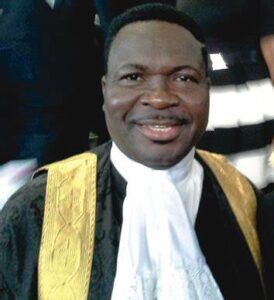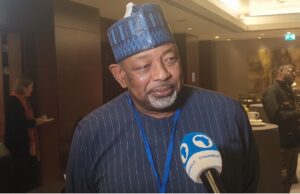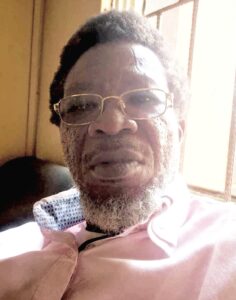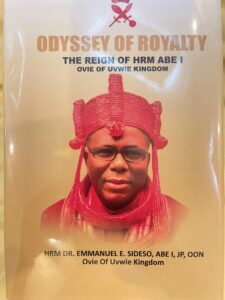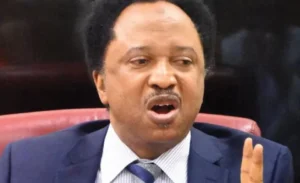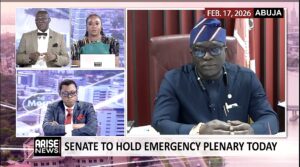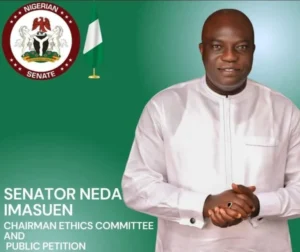Electoral Reforms Without End in Nigeria
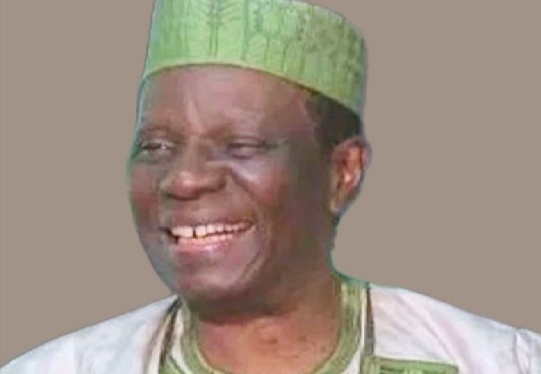
Tonnie Iredia
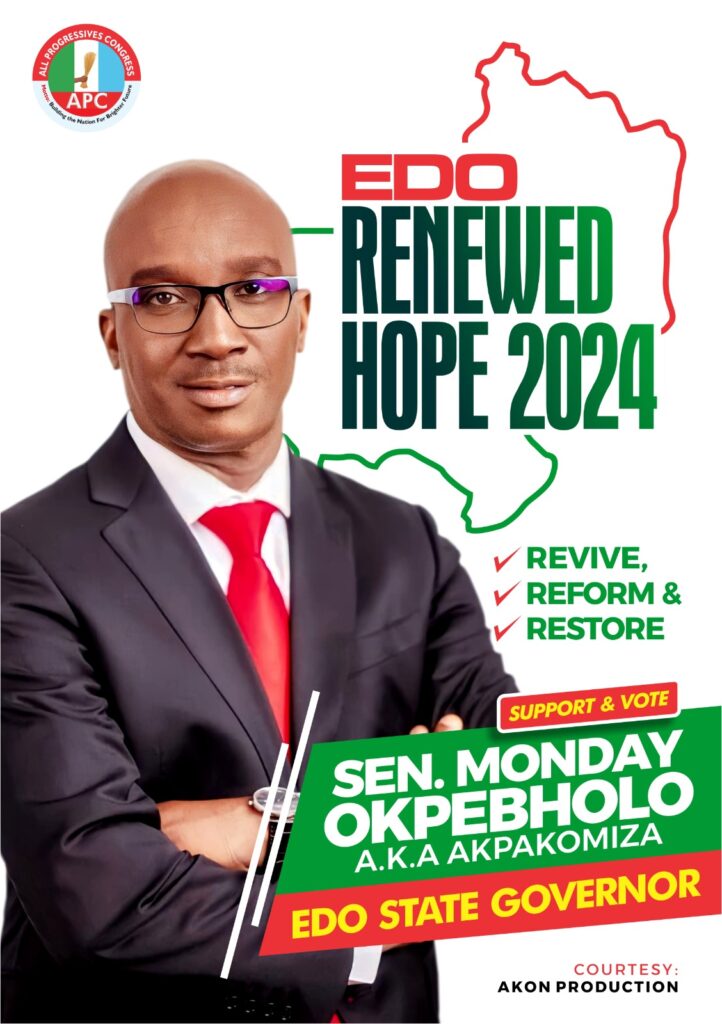
Sponsored
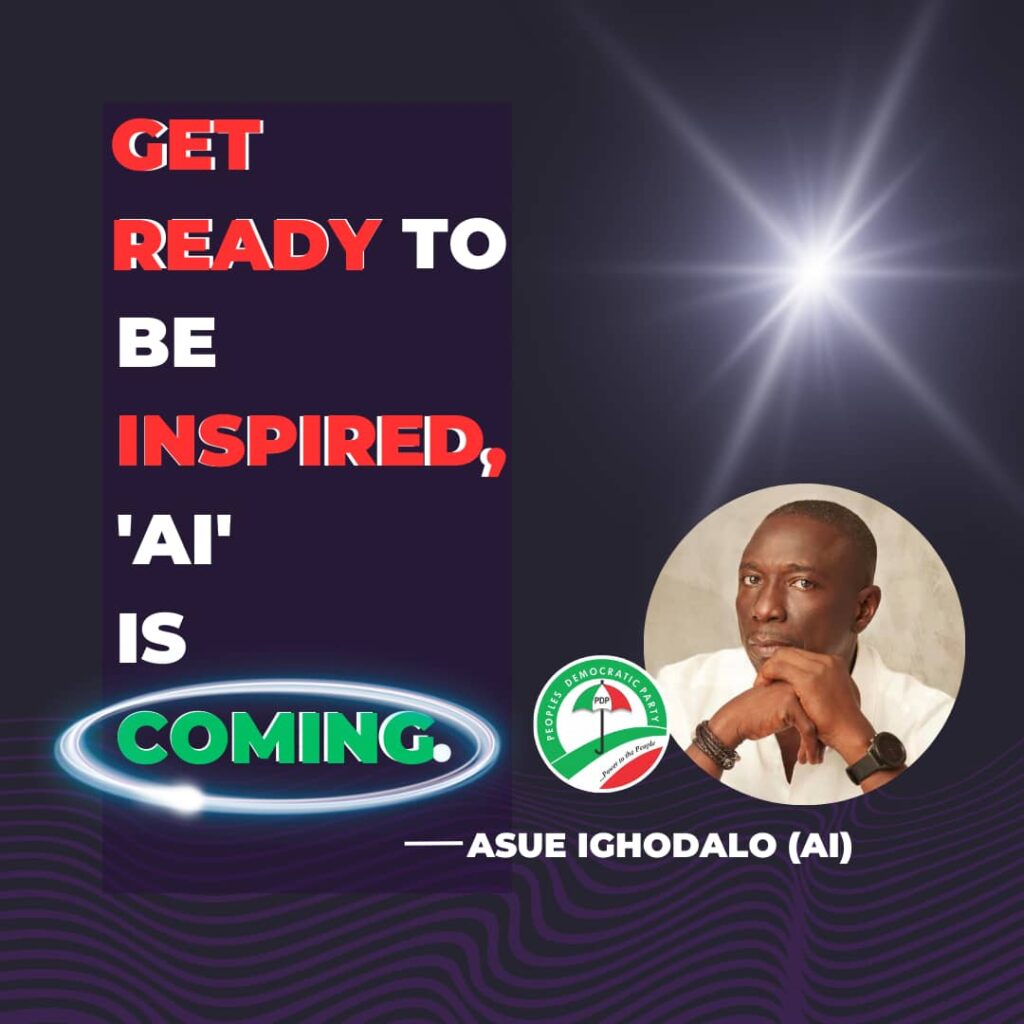
Sponsored
By Tonnie Iredia
Only last Sunday, this column engaged its readers in the search for an elephant in the room of police reforms in Nigeria.
The engagement turned out to be quite intriguing with many readers querying the imagination of an elephant in just a room, while urging me to disclose the exact location of the elephant.
In truth, i was only alerting Nigerians that we all seem to be perpetually in love with the exogenous; forever looking for objects outside without a peep within.
What reforms can help an organization in which leadership directives are permanently flouted without sanctions?
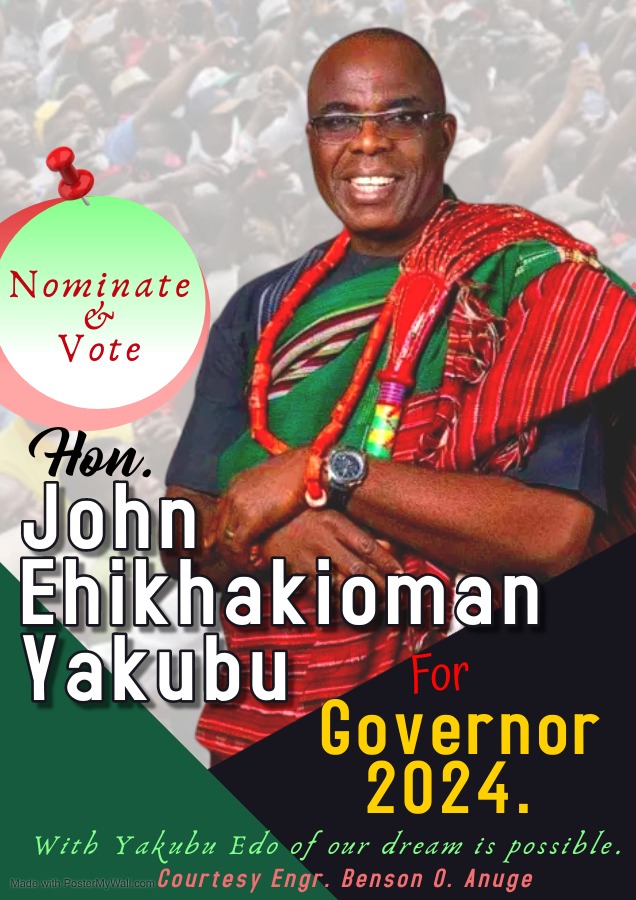
Sponsored
Our police will improve whenever those in charge desire it; but not when they continue to present a posture of helplessness in embracing reforms
When foremost good election management advocate – Yiaga Africa, started creating fresh awareness for more electoral reforms in Nigeria, one had no option than to argue that Nigeria’s electoral problem is not due to lack of reforms.
Our real dilemma lies in the deliberate refusal of actors to embrace the reforms we have been churning out since 1999.
Reforms do not function on their own, they are usually implemented by relevant actors.
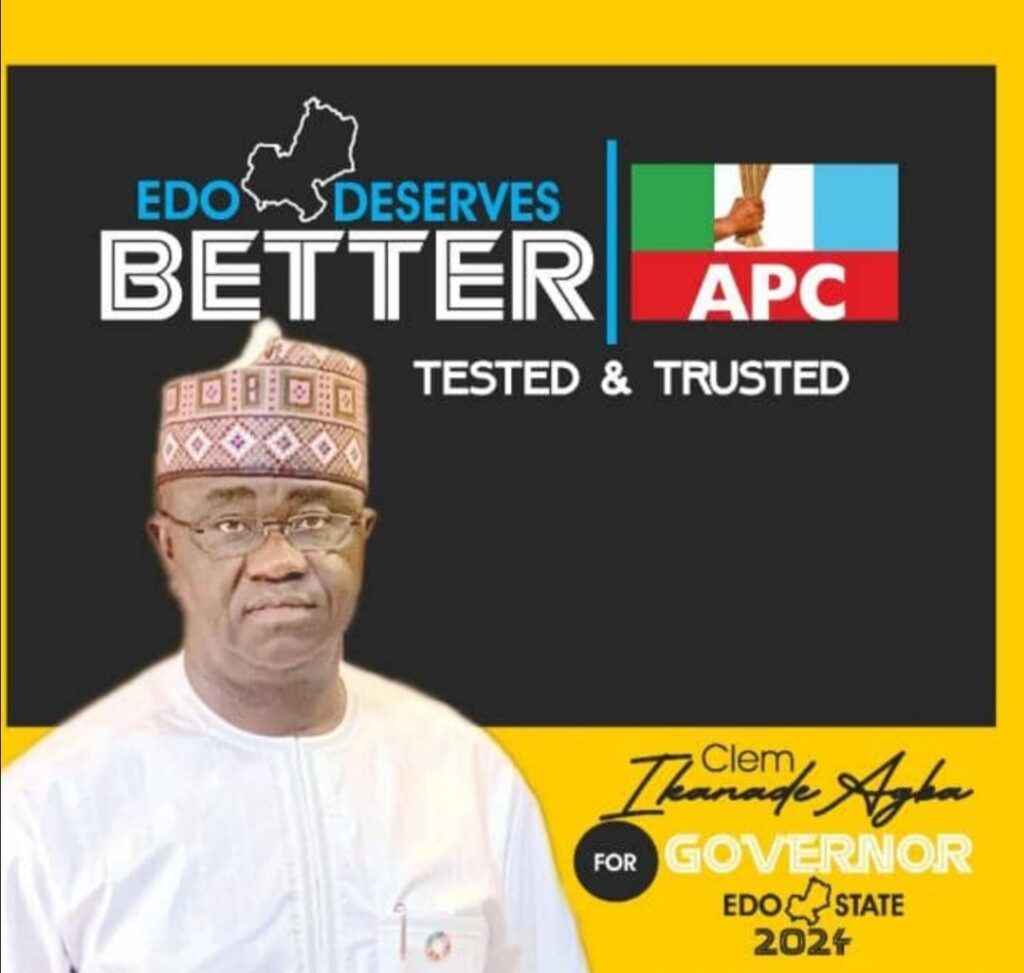
Sponsored
It amounts to doing the same thing while expecting different results if in the game of politics and elections, political parties continue to ignore internal democracy just as supposed election umpires progressively show that they are incapable of being neutral in the process.
Some years ago, when the need to end impunity in the management of political activities became inevitable, the parties were barred from substituting winners of their primaries.
Indeed, one contentious issue was the decision to select Celestine Omeha as the flag bearer of the PDP instead of Rotimi Amaechi who won the party’s governorship primaries in Rivers state.
The judiciary however pronounced Amaechi the winner of the election though it was Omeha that was on the ballot.
In due course, a new reform provided that political parties must have verifiable reasons for changing their candidates.
Another reform was later introduced that for a candidate that won a primary election to be changed, such a winner must voluntarily and formally withdraw from the race.
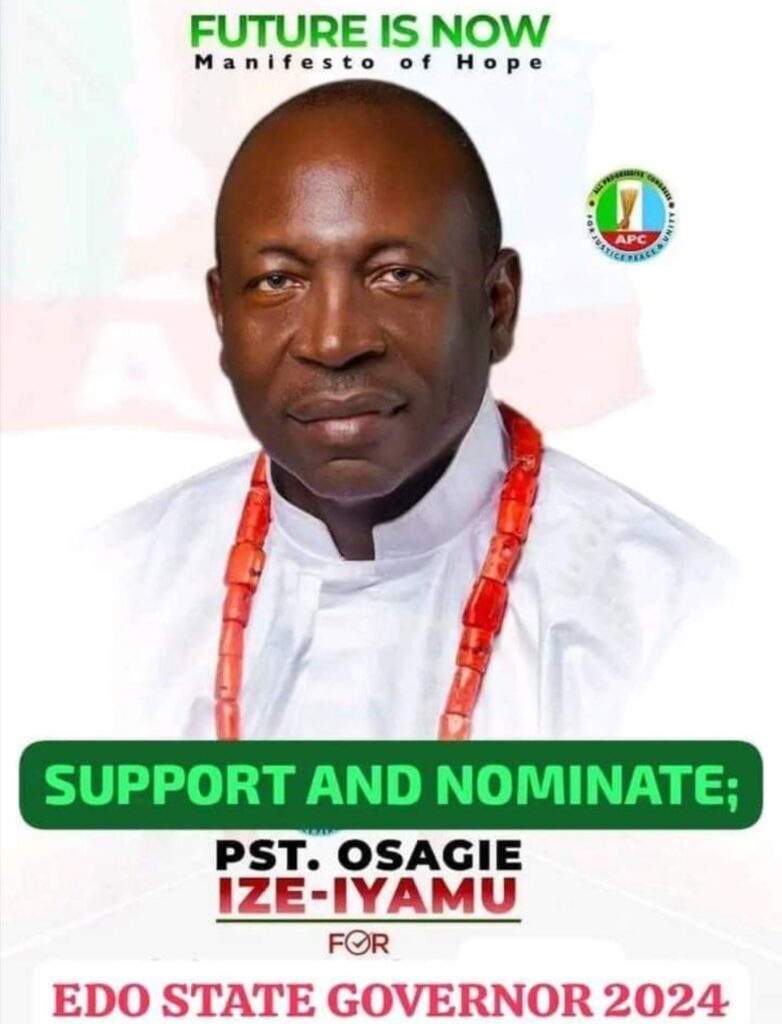
Sponsored
Yet, the situation did not improve.
To bring an end to fake party primaries, the Electoral Act 2022 provided for INEC to monitor the events – a reform that was immediately bastardized.
To stop political parties from undermining rules and regulations, only the relevant national officers of a party were then empowered to enter into correspondences with INEC.
Again, this was severally breached. In the circumstance, it became hard to find reforms that can compel political parties to be honest with their own members.
In other words, any reform that hinders Nigerian political parties from using illegal arrangements to win elections can hardly work.
Nigeria’s electoral bodies have over the years had their own share of reforms. At first, the emphasis was on nomenclature.
During the second republic, the body was known as the Federal Electoral Commission (FEDECO).
In 1987, president Ibrahim Babangida’s administration called it the National Electoral Commission (NEC) and it remained so till the famous June 12 1993 Presidential Election.
During the Abacha years, it became the National Electoral Commission of Nigeria (NECON).
In 1999, the new commission had the term ‘independent’ added to its name to become the Independent National Electoral Commission (INEC).
All these efforts directed at name change notwithstanding, the greatest challenge of our electoral bodies remained undue interference by government and the ruling parties at federal and state levels.
Elections have also remained poorly organized, with each voting day witnessing multiple ballot papers that were pre thumb printed.
Most polling centres likewise encountered late arrival of human and material resources. Again, voter’s registers were filled with multiple registrations making it difficult to use them for effective planning purposes.
We all heaved a sigh of relief when the commission introduced what was known as the ‘card reader’ that was designed to first, recognize a voter’s card as one validly issued by INEC for a particular polling unit and second, to verify that the holder of the card is the true owner before such holder can vote.
To nullify the reform, politicians aided by INEC officials made sure that the card reader was not put into use in certain sections of the country on voting day – a typical fate of electoral reforms in Nigeria.
Other new electoral technologies also failed on voting days. The eulogised card reader was later said to be unknown to law despite the consequential amendment to the Electoral Act signed into law by president Goodluck Jonathan before the elections.
In 2019, INEC’s server suddenly vanished and no one accounted for the millions of naira used for its procurement. In other words, reforms were just for fun – another way of understanding the introduction of senior university lecturers as returning officers to declare election results.
The goal was to use respected academics, previously known several decades ago as role models of society to sanitize INEC’s electoral process.
Analysts who had become familiar with happenings in several universities shouted ourselves hoarse that the reform was redundant, but we were ignored.
One would have expected INEC to know that the reform would be ineffectual since all a returning officer was to do was just to read figures presented to him from the field.
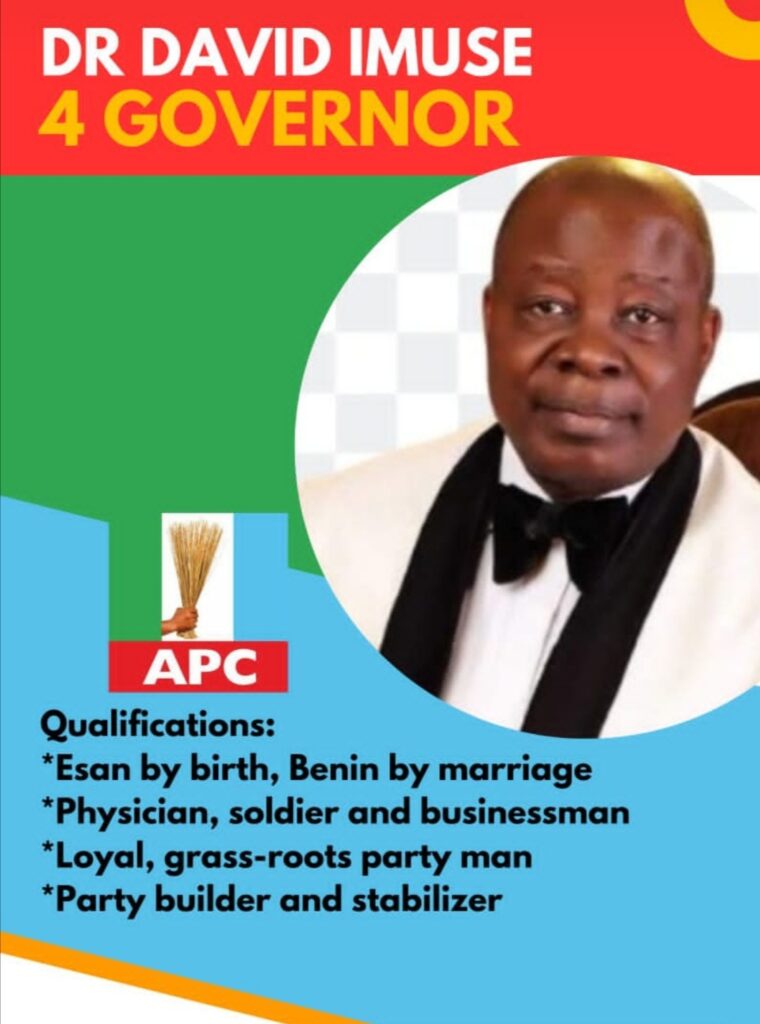
Sponsored
The indictment of many returning officers for manipulating the system was probably the last evidence that eventually showed that those who could not stop malpractices in their own internal examinations were virtually incapable of stopping election malpractices.
In fact, one professor was later jailed in Uyo. The lesson here is that as INEC was evolving reforms, political parties were a step ahead in circumventing them using whatever means.
Those who imagined that the often quoted last hope of the common man – the judiciary would change the situation by ensuring true justice did not know that they were merely sending Nigeria from democracy to a newly discovered system of government known as kritocracy.
According to Professor Anthony Kila, seasoned political analyst and Director of the Commonwealth Institute of Advanced and Professional Studies CIAPS, kritocracy is a system of government “in which judges ignore voters’ wishes and decide what is good for all us, without elections.”
In reality, many Nigerian judges have of recent become the most active actors in our electoral process, sending almost everybody into a season of political anomie in the country.
Only last week, the Court of Appeal delivered two versions of the same judgment, one oral, the other written.
In the oral version, our ruling party won, while it lost in the written version. Among others, two important people made remarkable comments on the subject.
The more titillating one credited to the court’s registrar suggested that the problem was due to typographical error.
What type of typists work in our Appeal Court that can commit celebrated typo not in one or two or three words, or in one or two or three sentences but in more than 3 paragraphs?
The second comment was that of celebrated elections lawyer Wole Olanikpekun SAN who inferred that our appeal court no longer knows the meaning of ‘functus officio.’
It is thus not enough to reiterate the popular suggestion that the judiciary should only help us identify faulty elections; its powers should no longer extend to the determination of winners.
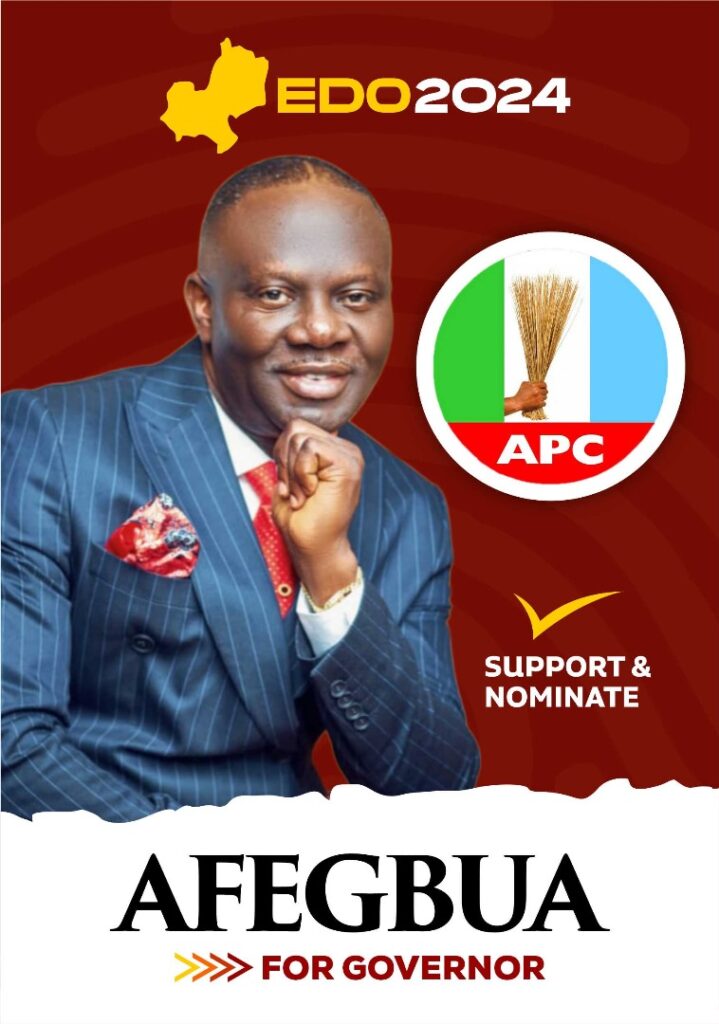
Sponsored
But, bearing in mind that not every judge has gone mad, it makes sense to call on those who are still sane to join Appeal Court Justice I. K Amadi in admonishing INEC “to stop dancing naked in the market, pretending that no one is seeing its nakedness and its dancing steps.”
Put differently, the judiciary minus its bad eggs can still serve as a veritable tool for social change; provided commercial politics can be downplayed.
A major reason why our reforms don’t work is because our political system is too lucrative.
We neither have the resources to maintain a bicameral legislature nor can we meet the excessive financial demands of our political office holders especially legislators who should only earn sitting allowances.
It is indeed time to play down on acclaimed great reforms that the relevant actors are incapable of implementing.
Let’s digest, comprehend and strategize for implementing existing reforms before advocating new ones.


